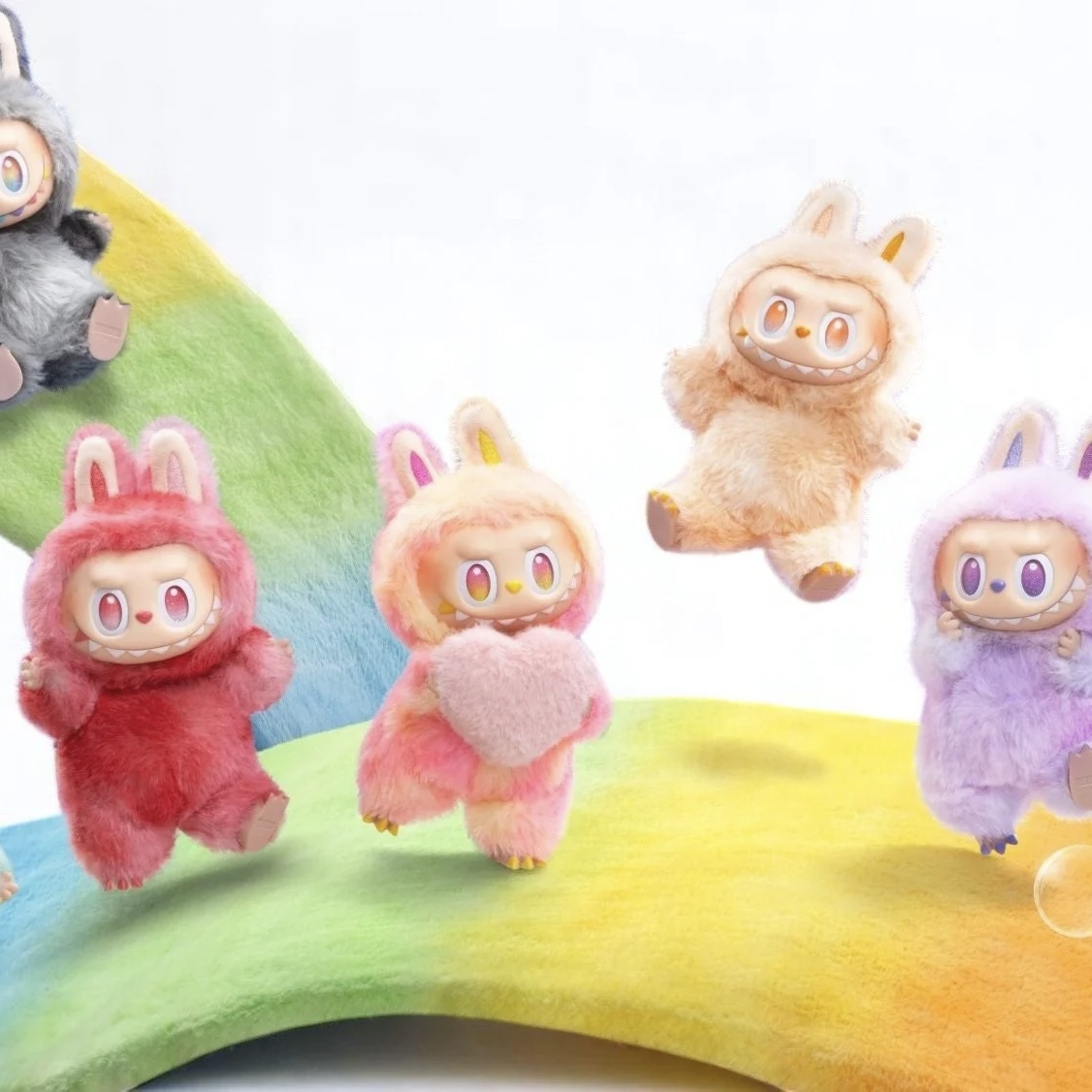China's popular Labubu dolls latest target of domestic counterfeit industry
The Global Times reports news of seizures of fake versions of the Chjinese pop dolls that are trending worldwide. The same techniques that have been targeting major Western brands for years are being used on domestic products. The manufacturer is also studying countermeasures to combat this parallel market, in a general context that sees the growth of Chinese brands.
Milan (AsiaNews/Agencies) – After years of protests by major brands around the world over Chinese counterfeiting, Beijing is now also beginning to face the problem with regard to its own original creations.
This has been revealed by recent reports on the crackdown on under-the-counter sales of identical copies of its most popular product of the moment: Labubu, collectible dolls with disturbing faces that have become a global phenomenon in recent months.
Fake Labubu (ironically called Lafufu) are being sold at bargain prices and are flooding the black market, challenging the original Pop Mart brand. With demand soaring, the masters of counterfeiting have followed the usual script: they took a trendy product, replicated it flawlessly and put it on the market at a bargain price, intercepting a large share of the profits.
This time, however, it is not a foreign multinational that is under threat, but Chinese intellectual property itself. Thus, this technique, masterfully refined over the years, risks turning out to be a snake in the grass.
Just in the last few days, police in Shanghai's Xuhui district seized more than 5,000 counterfeit Labubu, according to the Global Times, the English-language newspaper that is a faithful voice of the Beijing authorities.
According to reports, the police intervened after reports from customers who were unaware that they had purchased non-original versions. Because alongside the fakes sold knowingly under the counter, there is also an underground market where imitations are passed off as authentic.
The investigations in recent days have led to the arrest of a Mr Wang. Officially, according to the authorities, Wang sold electronic products, but in reality he coordinated the clandestine sale of counterfeit Labubu toys. Seven other members of the gang have been identified.
During questioning, they revealed that they had started their business in late 2024, when the popularity of these collectibles grew dramatically. To avoid being intercepted during transport, they had devised an ingenious system: they shipped the toys and their packaging separately so as not to arouse suspicion during customs checks.
Once they arrived at their destination, the various items were assembled in a company warehouse, where they were labelled and packaged. To divert suspicion, the fraudsters also used fake anti-counterfeiting labels and even created a fictitious website to verify authenticity.
The supply chain manager at Pop Mart, the company that manufactures Labubu, explained that the company is also working to combat this parallel market. For example, in the new model - Front High-Energy - the authenticity verification system has been improved.
The washing label features an anti-counterfeiting code to be entered on the official platform, which indicates whether it is the first verification. Authentic products also have an anti-counterfeiting sticker and a steel seal with the company logo, visible only under a UV lamp.
It is also possible to compare the purchased product with the images available on the company's website. Certain details, such as the glittery shade in the eyes, are made using a specific technique that is still difficult to replicate.
Meanwhile, Pop Mart has announced an expected increase of at least 350% in profits and 200% in revenues for the half-year ending in June. The cost of the product itself is not low: the official versions in China sell for between 99 and 399 yuan (between £13 and £52, ed.), with much higher resale prices.
These unique puppets represent a new generation of rapidly rising Chinese brands, capable of conquering the domestic market but also of reversing the traditional trend of trade from West to East.
But beyond the international market – Pop Mart has opened 37 stores in the United States alone – the popularity of Chinese products is also growing within the country. Chinese coffee chains such as Cotti and Luckin Coffee are gaining popularity, challenging established Western giants such as Starbucks.
Things also seem to be changing in the luxury sector, where brands such as Laopu Gold are competing with historic names such as Tiffany & Co, offering high-quality jewellery at more affordable prices.
One of the most important aspects of these changes in consumer habits is the ability of Chinese brands to attract even the highest-end consumers, who have historically been sceptical about the quality of “Made in China” products.







.png)










